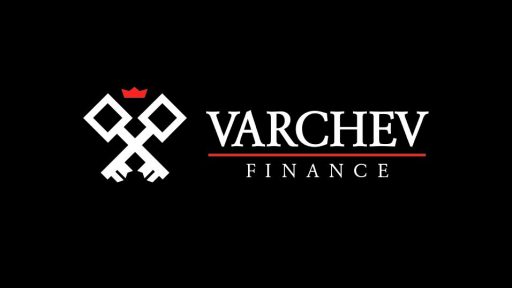- Home
- >
- Market Rumours
- >
- America’s newest stock exchange says a popular practice on Wall Street causes ‘clear and significant harm to investors’

America's newest stock exchange says a popular practice on Wall Street causes 'clear and significant harm to investors'

Some of the biggest players in trading are at the House Financial Services Committee's US Equity Market Structure hearing on Tuesday, and things are likely to get heated.
The Committee is holding a hearing reviewing "the evolution of today's equity market structure." The second panel will include Chris Concannon, president and chief operating officer at Chicago Board Options Exchange, NYSE president Tom Farley, IEX chief executive Brad Katsuyama, and Tom Wittman, global head of equities at Nasdaq.
NYSE, IEX, Nasdaq and Bats (now owned by CBOE) have previously sparred over IEX's approval as a stock exchange, the cost of market data, listings for exchange-traded funds, and the NYSE's decision to launch IEX-type features on one of its markets.
Up until now, they've taken shots at each other in comment letters to the Securities and Exchange Commission. Now, they're going to be doing so while sitting side by side in front of the House Financial Services Committee. And judging from prepared remarks from Brad Katsuyama from IEX, America's newest stock exchange, it's going to be a pretty fiery hearing.
After a quick introduction, Katsuyama is planning to get straight to the point (emphasis added):
As trading has become highly electronic, technology has delivered a variety of efficiencies and other advantages (i.e., automation, explicit cost reduction, increase in speed). But unlike the broad sweeping benefits of technological advances in other industries, in the equity markets these benefits have been narrowly distributed among a small group of insiders, with the result that the interests of short-term traders and exchanges have been prioritized over public companies and long-term investors, who represent the savings and retirements of millions of Americans
Talk about an emphatic opening. Now, to be fair, the comments at least partially reflect IEX's origin story, as anyone who has read Michael Lewis' Flash Boys can attest.
Katsuyama also touches on the cost market data fees, a hot topic issue on Wall Street that we've written about extensively before, in his remarks. Specifically, Katsuyama said the SEC should require disclosure of the amount of exchange revenue from the sale of market data products.
However, he saves his most abrasive comments for broker rebates. From the prepared remarks (emphasis added):
Various practices by the national stock exchanges have contributed substantially to market unfairness and market complexity, and they have created and exacerbated conflicts of interest. The most significant and detrimental exchange-generated conflict involves the practice of paying rebates to brokers for orders. In simple terms, this payment to brokers when not shared with the broker’s client is equivalent to a kickback. Public data shows that exchanges who pay this rebate garner a greater percentage of order flow despite providing worse execution quality. In short, rebate practices cause clear and significant harm to investors. In addition, they are inextricably linked to much complex regulation that, although designed to serve the interests of investors, has had unintended consequences and could be reduced or eliminated if this conflict is removed.
The largest exchanges in the United States operated by Nasdaq, NYSE, and BATS, pay approximately $2.5 billion in rebates per year to brokers to send them orders. These payments are paid to brokers on a monthly basis, based on complex tiers devised by each exchange, primarily designed to attract more order flow. RBC Capital Markets conducted a study on exchange pricing, revealing that there were 856 different pricing tiers across the exchanges – mainly driven by the size of the rebate and who receives it.
We strongly believe that the most effective step towards a more efficient, more transparent, and less conflicted U.S. equity market is the elimination of rebates, whether they are paid for posting orders or to take liquidity. We think that if rebates were eliminated, there is the potential to significantly reduce or eliminate regulation, including aspects of Regulation NMS, that is linked to the complexities that stem from these payments. Those who object that the rebate issue cannot be addressed unless a variety of other proposals, such as the highly controversial “trade at” concept, are adopted at the same time, are simply seeking to find reasons to preserve the status quo. There is nothing about the functioning of a healthy, competitive market that requires artificial inducements for people to trade.
What's noteworthy is that Katsuyama is set to make these comments while sat next to senior figures from NYSE, Nasdaq, and Bats, the exchanges he is criticizing. This hearing could get testy.
Source: Business Insider
Jr Trader Alexander Kumanov
 Varchev Traders
Varchev Traders Read more:
If you think, we can improve that section,
please comment. Your oppinion is imortant for us.










